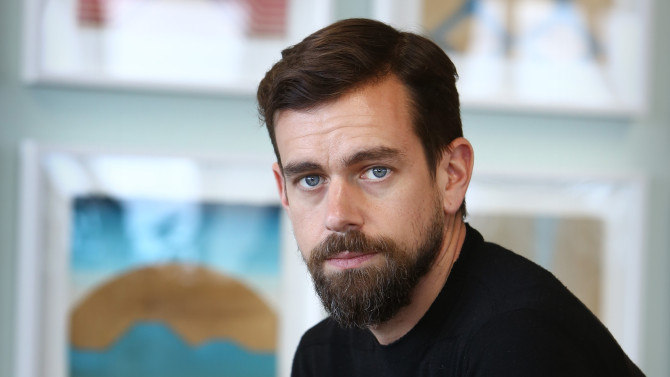If you’ve been paying attention to how we talk and connect online, you’ll know one thing: messaging apps rule the world. And at the top of the mountain sits WhatsApp — Meta’s messaging juggernaut with more than two billion users globally. For years, it has been the go-to app for everything from family chats to business deals. But now, there’s a shake-up in progress.
Jack Dorsey — yes, the Twitter guy — is reportedly setting his sights on building a real alternative to WhatsApp. And if you know anything about Dorsey, you know he’s not in the business of small ideas. He’s quietly backing or possibly creating a messaging platform that’s private, decentralized, and open-source. That’s not just an app. That’s a statement.
Why Jack Dorsey Is Doing This
Jack has never been shy about his disdain for centralized control in tech. After stepping down from Twitter in 2021, he doubled down on decentralization, Bitcoin, and user-controlled platforms. That belief gave us Bluesky — a decentralized social media project he helped launch.
Now, with Meta controlling platforms like WhatsApp, Messenger, and Instagram DMs, Dorsey sees a big opportunity: create a messaging system where users — not corporations — are in charge.
WhatsApp’s Strengths… and Weaknesses
WhatsApp has a lot going for it. It’s fast, encrypted, reliable, and insanely popular. Most people install it without even thinking. But it’s also owned by Meta, which raises concerns.
That’s where Dorsey’s vision comes in — he wants to build something that goes further. Not just encrypted chats, but full privacy by design. No central database. No corporate ownership. No data profiling.
What Dorsey’s App Might Look Like
While the project is still under wraps, based on his past work and public comments, we can guess the basics:
- Decentralized Protocol: Like email or Bitcoin, where no single company controls the whole thing.
- End-to-End Encryption: Not just for messages but potentially even hiding metadata.
- No Phone Numbers Required: Possibly allowing usernames or keys instead of tying accounts to SIM cards.
- Open Source: Letting the public see and contribute to the code.
This isn’t science fiction. Other platforms like Matrix already operate on similar ideas, though they haven’t broken through to the mainstream.
Why Now?
The timing is interesting. There’s a growing hunger for privacy-first tools. Tech scandals have made users more aware of how their data is used. Governments are also pressuring companies to be more transparent — and some are pushing back against encryption.
At the same time, younger generations care more about digital autonomy. Gen Z grew up online. They know how algorithms and surveillance work. They want tools that respect their space.
If someone can combine privacy, usability, and modern design, they have a shot. And Dorsey, with his resources and vision, might just pull it off.
The Challenge of Competing with WhatsApp
Let’s not pretend this will be easy. WhatsApp has what’s called the “network effect.” People use it because everyone else does. You can’t just build a better app — you have to give people a reason to switch.
Signal tried. Telegram tried. Even Apple’s iMessage remains locked to its own ecosystem. Most people aren’t going to move unless they see something genuinely different — or unless trust in WhatsApp falls off a cliff.
What This Means for Meta
Meta isn’t going anywhere. It’s one of the biggest tech companies in the world. But Dorsey’s challenge is part of a larger trend. People are questioning centralized platforms more than ever.
Meta might respond by doubling down on WhatsApp’s features. Maybe more privacy tools, maybe more business integration. But the core issue remains: do people trust Meta with their conversations?
If Dorsey can offer a clean, secure, and independent option — something that feels like WhatsApp but without the baggage — he doesn’t need to beat Meta overnight. He just needs to win enough people over to start a shift.
Looking Ahead
The tech world is full of bold ideas that fizzle out. But sometimes, timing, talent, and trust align — and something catches fire. WhatsApp itself was once a small startup. Twitter was dismissed in its early days.
One thing is clear: the battle for your messages isn’t over. In fact, it might just be getting started.



